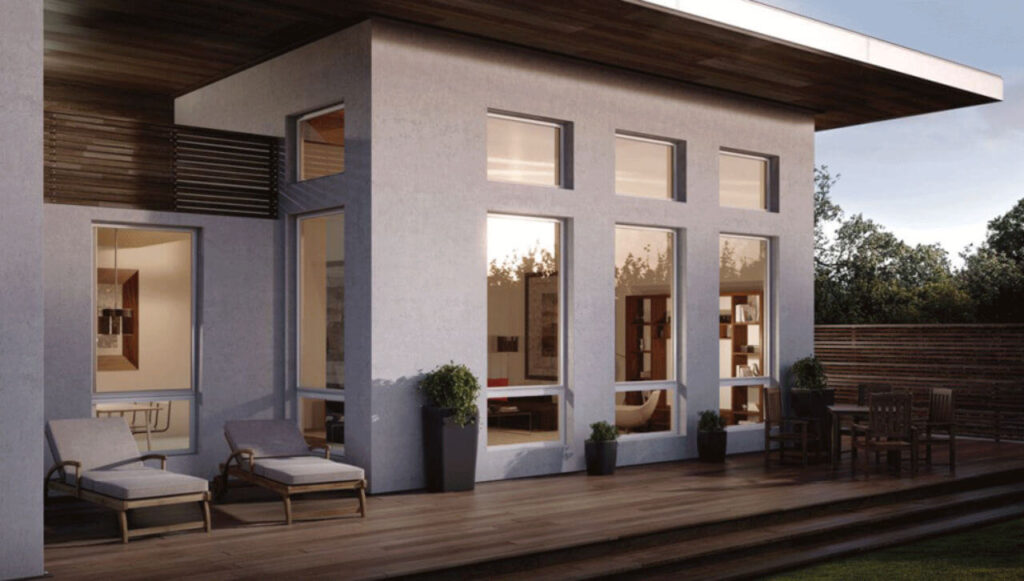Windows to Wellness – The Influence of Natural Light on Health
In the hustle and bustle of modern life, the importance of natural light in our living and working spaces often goes unnoticed. We may take it for granted, assuming that it merely provides illumination. However, the impact of natural light on our physical and mental well-being is profound, making it a vital component of what some refer to as biophilic design. This design philosophy seeks to reconnect people with nature in the built environment, and the role of natural light cannot be overstated in this context. Natural light, primarily through our windows, plays a multifaceted role in our lives. First and foremost, it regulates our circadian rhythms, the internal biological clock that governs our sleep-wake cycle. Exposure to natural light during the day helps synchronize our body’s internal clock, ensuring that we feel awake and alert during the day and sleepy at night. This, in turn, can significantly improve our sleep quality, a critical factor in overall health.

Conversely, inadequate exposure to natural light, such as in windowless offices or dimly lit living spaces, can disrupt our circadian rhythms and lead to sleep disturbances, which are linked to various health problems, including depression and obesity. Beyond sleep regulation, natural light also has a profound impact on our mental well-being. Studies have shown that access to natural light can reduce symptoms of depression and anxiety. Exposure to sunlight triggers the release of serotonin, a neurotransmitter associated with mood regulation. In fact, some researchers have suggested that natural light exposure could be used as a complementary treatment for mood disorders. Conversely, a lack of natural light has been linked to Seasonal Affective Disorder SAD, a type of depression that typically occurs in the winter months when daylight is scarce. Furthermore, natural light has tangible benefits for physical health. Sunlight is a natural source of vitamin D, a nutrient essential for bone health and immune system function.
In addition to its direct effects on our well-being, natural light also enhances the aesthetics of our living and working spaces read more. Sunlight streaming through windows creates a sense of warmth and openness, making rooms feel more inviting and pleasant. This can contribute to lower stress levels and a greater sense of comfort and satisfaction in our environments. In conclusion, natural light is far more than just a means of illumination; it is a powerful influencer of our health and well-being. From regulating our sleep-wake cycle and improving mental health to supporting physical health through vitamin D synthesis, the benefits of natural light are extensive. As we continue to design and adapt our living and working spaces, it is essential to prioritize access to natural light and recognize its pivotal role in creating healthier and happier environments for all. Embracing the Windows to Wellness concept can lead to a brighter, more vibrant and ultimately more fulfilling life.
